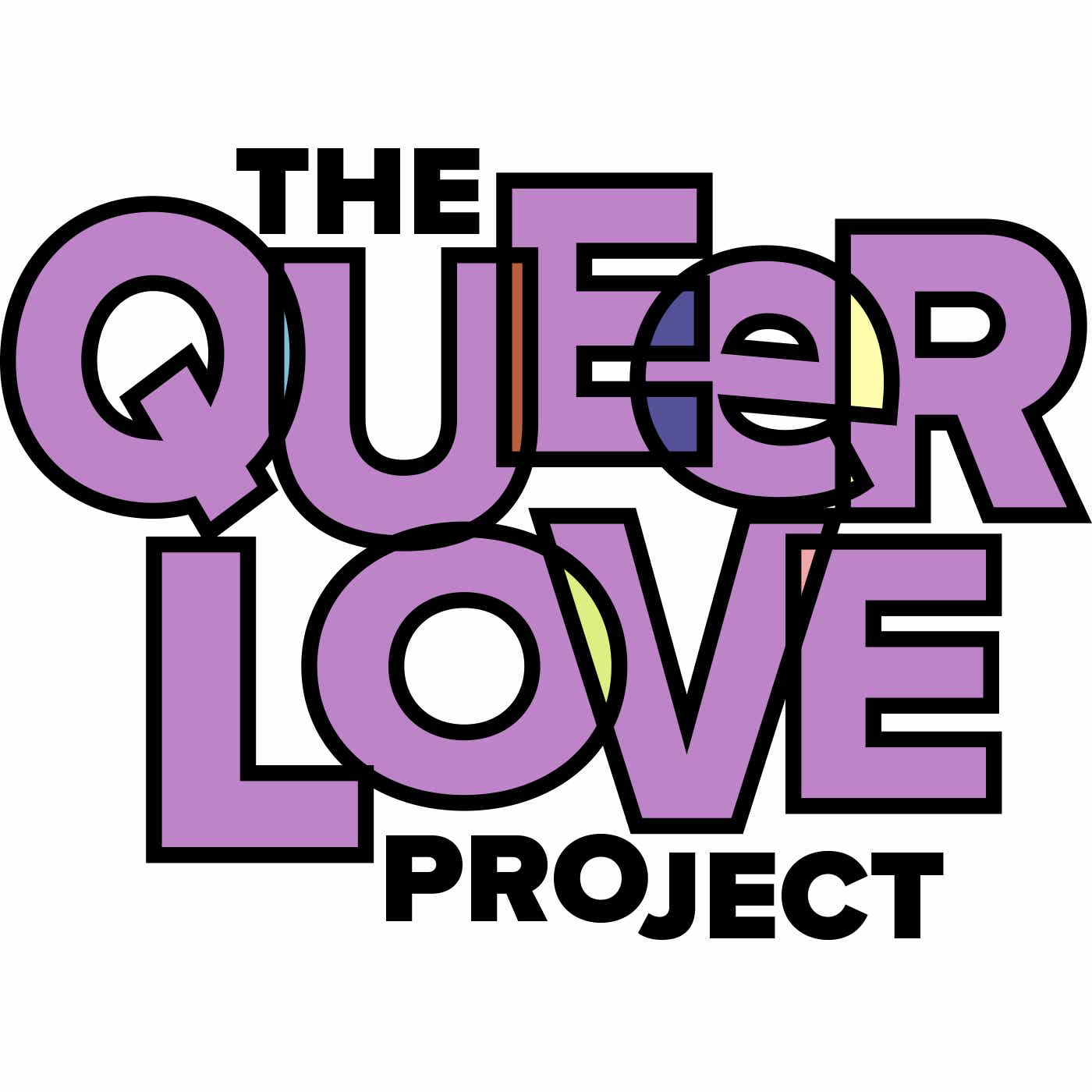The Queer Love Podcast

The Queer Love Podcast
Podcast Description
What do we know about love? Find, accept and explore love and commitment among gay, lesbian and trans people in queer relationships through storytelling and interviews with LGBTQ+ folx. queerloveproject.substack.com
Podcast Insights
Content Themes
The podcast explores themes of love and identity in queer relationships with episodes highlighting personal experiences, such as Charley Soderbergh's discussion about his screenplay narrative on family and relationships and Michael Narkunski's reflections on a high school crush. Focus areas include the impact of parental relationships on romantic dynamics and the intersection of personal storytelling and creative collaboration.

What do we know about love? Find, accept and explore love and commitment among gay, lesbian and trans people in queer relationships through storytelling and interviews with LGBTQ+ folx.
I’ve known Rachel Kramer Bussel for nearly 20 years. She wrote for me when I was editor of the alt-weekly New York Press (RIP), and I read an essay from my memoir-in-progress at her “In the Flesh” event back in 2007 about the first time I went to a nude beach while living in Spain. (Yes, it’s one of my top goals for the new year: to get that manuscript in shape and send it out to be published at last!)
After Rachel launched Open Secrets Magazine, I was impressed by all that she was accomplishing and it inspired me to launch The Queer Love Project in the summer of 2024. I’ve also published two essays with her: One about the shame I experienced during show & tell due to some prized childhood toys with an unusual provenance and, most recently, a piece for the essay writing tips column, titled “When Is Your Writing ‘Good Enough’.”
This month, I also was proud to publish her personal essay at QLP about the elasticity of queer relationships and the grief she still feels since her ex-girlfriend and close friend died, titled “There’s a Hole in My Heart Where My Friendship With My Ex-Girlfriend Used to Live.”
Not only did we chat about all the many highlights and achievements of the past year, Rachel and I discussed what excited us about the year ahead. First, we’re going to be sharing a booth at AWP’s Bookfair the first week of March in Baltimore. The conference brings together writers and publishers—including many excellent small presses—for panels and events. It was one of the most exciting things I participated in this past spring when it was held in Los Angeles, and I look forward to meeting contributors and subscribers March 5-7. This is my first time visiting Baltimore, so if you have any recommendations, please share them in the comments (Rachel already gave a shoutout for a friend’s barbecue joint that I’ll be checking out).
Rachel is also planning the second Open Secrets Live Summit, which will take place May 2 in Manhattan. I’ll be on a panel along with many other writers and editors (40 so far!), so be on the lookout for more information around ticketing and the full lineup in the coming months.
The Queer Love Project will also be hosting its second live reading with Elyssa Maxx Goodman Miss Manhattan nonfiction series on May 4 at Niagara in the East Village. So if you’re in town for the weekend, make sure to join us that Monday night!
One thing that I’m also looking forward to that I didn’t get a chance to mention during our chat:
On January 10–11, Paulette Perhach is hosting The Writing Life You’ve Always Wanted, a two-day live summit designed to help you choose your 2026 project, build a routine you can actually maintain, and create a writing plan that fits your real life. I’m joining Paulette and the rest of the panel of experts.
Over this weekend, you will:
* choose the writing project that matters most for your year
* build a routine you can maintain with your real life
* map out your 2026 writing plan
* set up systems that make follow-through realistic
* take your first meaningful steps while you’re still in the room
* complete side missions assigned by Paulette, including a dinner with friends that Saturday evening
It’s meant for writers who want clarity and accountability rather than more information they’ll never use. So, if you’re trying to figure out how you want your writing life to feel in 2026, join me, Paulette and the rest of the
Get 10% off when you sign up today using the code JERRY.
And with that, I want to thank all of you for joining me for this last Substack LIVE chat of the year. Thank you for subscribing and supporting the work that we publish and amplify. We are dedicated to keeping as much of our essays, interviews and other writing free, but if you can upgrade to paid, it helps me compensate contributors and continue to grow our community.
We made it through a chaotic year and kept spreading queer love as a form of resistance against those who may want to quiet us. I wish you all a wonderful 2026 and I look forward to collaborating with you in the new year!
The Queer Love Project is a reader-supported publication. To receive new posts and support my work, consider becoming a free or paid subscriber.
Get full access to The Queer Love Project at queerloveproject.substack.com/subscribe

Disclaimer
This podcast’s information is provided for general reference and was obtained from publicly accessible sources. The Podcast Collaborative neither produces nor verifies the content, accuracy, or suitability of this podcast. Views and opinions belong solely to the podcast creators and guests.
For a complete disclaimer, please see our Full Disclaimer on the archive page. The Podcast Collaborative bears no responsibility for the podcast’s themes, language, or overall content. Listener discretion is advised. Read our Terms of Use and Privacy Policy for more details.